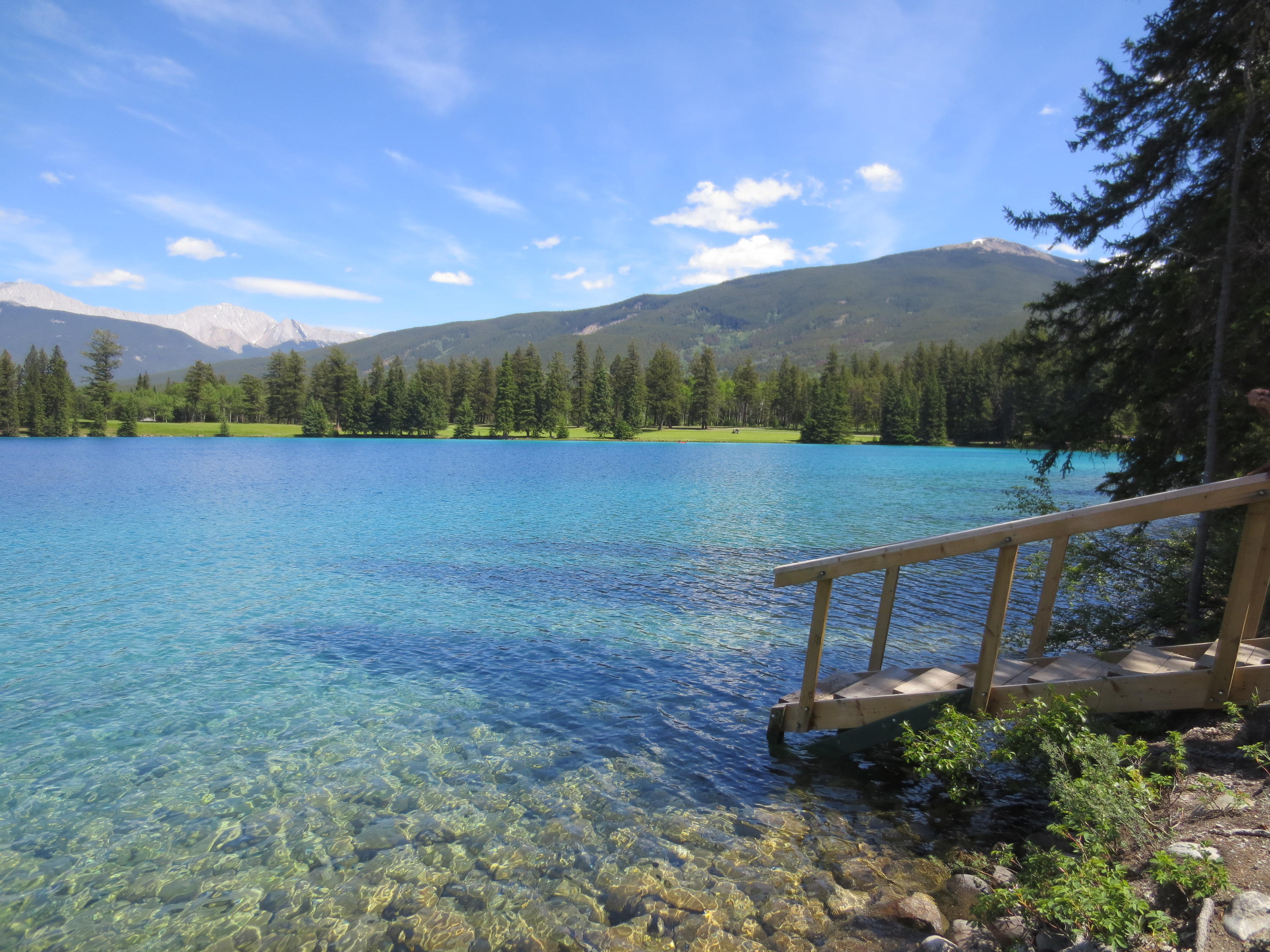For Collaborative Water Program graduate Navid Bizmark, water is life. It connects all living things on earth. Water is what NASA looks for when they send rovers to Mars and satellites to Venus. Truly believing that water is life, is one of the reasons Navid ended up in Waterloo’s Collaborative Water Program in 2017.

“Water is an incredibly important resource that we need to protect,” said Navid, Chemical Engineering Graduate. “I joined the Collaborative Water Program to learn more about the wicked water problems we’re currently facing, and to learn from other students outside of my home department. This interdisciplinary classroom setting provided an atmosphere that most people have never experienced.”
During his time in the Collaborative Water Program, Navid had the opportunity to work with students from different Waterloo Departments such as Biology, Architecture, Economics and Geography. He learned to communicate with his colleagues from different backgrounds, began to understand water perspectives from different angles, and recognized that working together in interdisciplinary teams to tackle water challenges is critical.

“Working in interdisciplinary groups was a challenging experience that allowed me to grow as a water engineer,” said Navid. “It really helped me think outside of the box – and outside of my engineering silo – allowing me to see how I can contribute to the bigger picture.”
Navid is currently completing a postdoctoral fellowship at Princeton University where he’s focusing on the applications of colloidal particles in multiphase systems. He is investigating the multiscale dynamics of colloidal suspension clogging/unclogging within porous media by combining 3D visualization and transport measurements in groundwater remediation. He is also generating Pickering emulsions with structured natural colloids as templates to fabricate functionalized nanocomposites for various applications such as filtration and water purification.
Learn more about the Collaborative Water Program: https://uwaterloo.ca/collaborative-water-program/